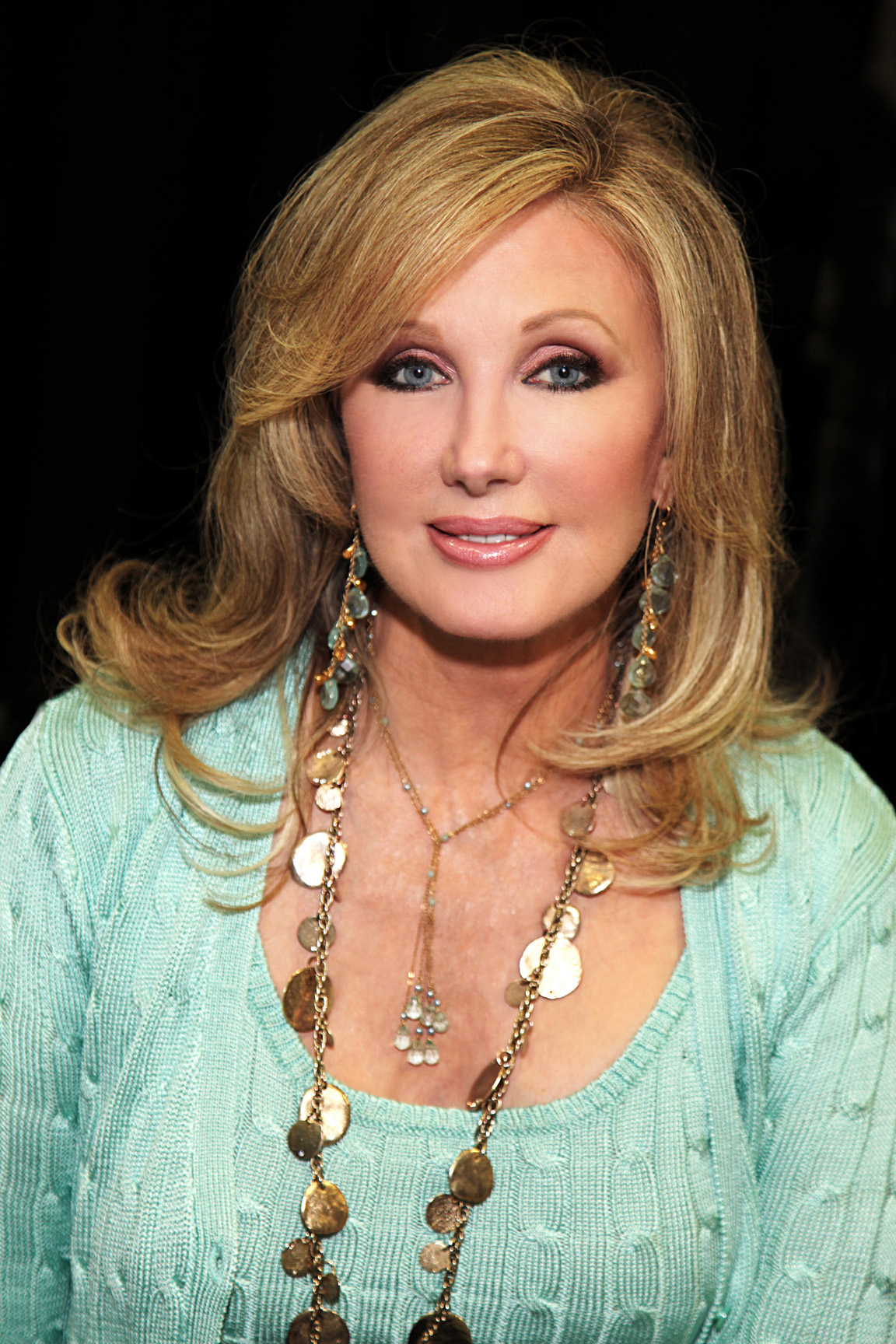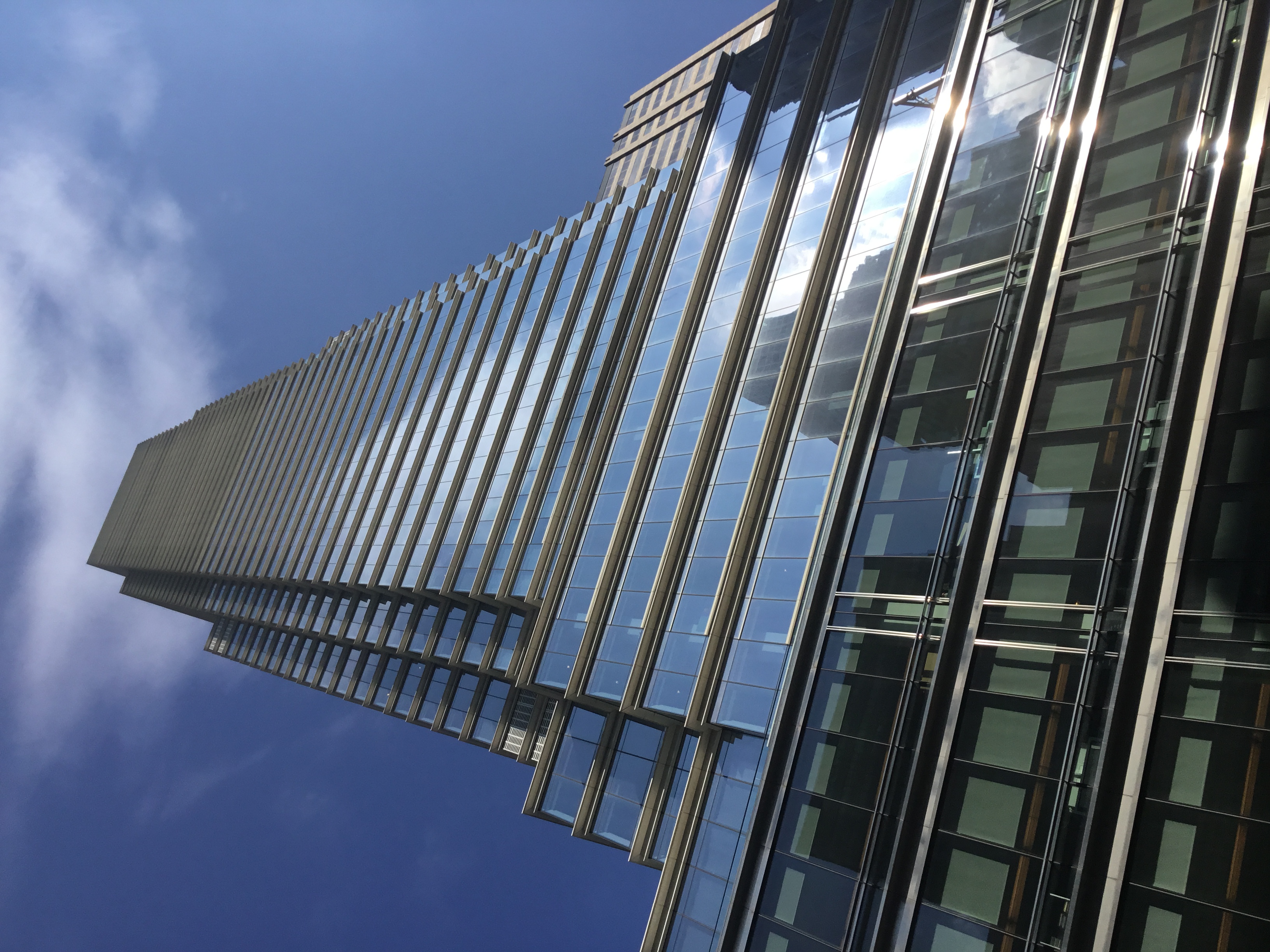Cannes
Explore the rich history and evolution of Cannes, from its origins as a modest fishing village to its emergence as a glamorous hub of culture and entertainment, home to the iconic Cannes Film Festival. Discover key milestones that have shaped this French Riviera jewel over the centuries.
Inaugural Cannes Film Festival
The Cannes Film Festival was conceived as an international cinematographic event in 1939, but the outbreak of World War II disrupted its initial launch. Finally, on September 20, 1946, the inaugural Cannes Film Festival took place in the French city of Cannes. The festival served as a showcase for films from around the world and soon became one of the most prestigious film festivals globally. It was began with the intention to revive the film industry and promote international cooperation and cultural exchange through cinema. The event attracted filmmakers and audiences and featured screenings of numerous films from different countries, setting the stage for it becoming an iconic annual event.
Introduction of the Palme d'Or
The Palme d'Or was introduced at the Cannes Film Festival in 1955 as an award given to the director of the best feature film of the official competition. Each year, an independent panel of experts and dignitaries in the field would decide the recipient, and the award quickly became one of the most sought after in the film industry due to the prestige of Cannes and the global attention it garners. The winner would often see a significant boost in attention and accolades for their work.
Cancellation of Cannes Film Festival
The Cannes Film Festival of 1968 was shut down on May 18 amidst the turmoil of civil unrest and widespread protests occurring across France. Students and workers were protesting against a range of issues, which culminated in events known as the May 1968 protests. Amidst these tensions, many directors, including notable ones such as Jean-Luc Godard and François Truffaut, joined in solidarity with the protestors by halting the festival. This unprecedented event showcased both the influence of social movements and the willingness of the film community to engage with current political climates.
Inauguration of the Palais des Festivals et des Congrès
On May 8, 1983, the new Palais des Festivals et des Congrès was inaugurated in Cannes, France. This modernist building was designed to host the expanding Cannes Film Festival due to the growing popularity and scale of the event. The new Palais was constructed to replace the old Casino Municipal as the main venue. This upgrade was key in accommodating the increasing number of attendees, films, and events associated with the festival, further cementing its status as an international destination for cinema. The venue marks an important milestone in the history of the festival's development and modernization.
50th Anniversary of Cannes Film Festival
In 1997, the Cannes Film Festival celebrated its 50th anniversary. The festival looked back on its rich history of cinematic excellence and influence in fostering filmmaking across the globe. It hosted an assemblage of past Palme d’Or winners and notable cinematic influencers, reflecting the significant milestones achieved in its celebration of cinema. The 50th anniversary featured various retrospective events and screenings that highlighted the evolution of cinema and Cannes' role in that journey, marking the festival's pivotal status in contemporary film culture.
Fahrenheit 9/11 Wins Palme d'Or
On May 1, 2004, American filmmaker Michael Moore's documentary "Fahrenheit 9/11" was awarded the prestigious Palme d'Or at the Cannes Film Festival. The film, which examined the presidency of George W. Bush and the War on Terror, caused quite a stir due to its controversial subject matter. It was the first documentary to win the award since 1956, making a significant statement about the role of documentaries in mainstream cinema. Moore's acceptance of the prize was met with a long standing ovation, reflecting the critical acclaim and heated debates surrounding the film.
Cannes Celebrates its 60th Anniversary
In 2007, the Cannes Film Festival celebrated its 60th anniversary. The organizers marked this milestone with grand celebrations and a collection of short films created by 33 prominent directors from around the world, titled "To Each His Own Cinema." This anthology film captured different visions and styles, showcasing the festival’s global influence and its dedication to the art of filmmaking. This celebration underscored Cannes' ongoing commitment to cinema as an evolving art form and its role as a cultural cornerstone.
Cannes Honors Ingrid Bergman's Centennial
In 2015, the Cannes Film Festival honored the centennial of Ingrid Bergman's birth by featuring her image on the festival's official poster. Bergman, a revered Swedish actress, had a profound impact on international cinema, known for her strong performances in films like 'Casablanca' and 'Notorious'. The decision to place her image on the festival poster reflected her storied career and contribution to film, highlighting Cannes' appreciation for cinematic heritage and its recognition of iconic figures who have shaped the industry.
2020 Cannes Film Festival Cancellation
The 2020 Cannes Film Festival was cancelled due to the global COVID-19 pandemic. Originally scheduled to occur in May 2020, the festival was initially postponed with the hope of organizing it later in the year. However, continued health concerns and restrictions led to the eventual cancellation. This marked one of the rare times in its history that the festival did not proceed as planned. In its place, a virtual event was organized, highlighting a selection of films that would have been screened, further adapting its format to the challenges of the pandemic era.
Cannes 2023 Major Highlights
The 2023 Cannes Film Festival witnessed several major highlights and cinematic showcases. Featuring films from an array of international creators, the festival continued its tradition of celebrating diverse talents and stories. Notably, the Palme d'Or was awarded to a film that challenged conventional narratives and reflected contemporary global issues. The festival not only offered a platform for new works but also facilitated important discussions and panels on the future of cinema in a rapidly evolving cultural landscape, emphasizing its ongoing relevance and influence.
Frequently asked questions about Cannes
Discover commonly asked questions regarding Cannes. If there are any questions we may have overlooked, please let us know.
How has the Cannes Film Festival evolved over the years?
When does the Cannes Film Festival usually take place?
What are some notable moments in Cannes Film Festival history?
What is the history of the Cannes Film Festival?
Related timelines
More timelines connected to Cannes







